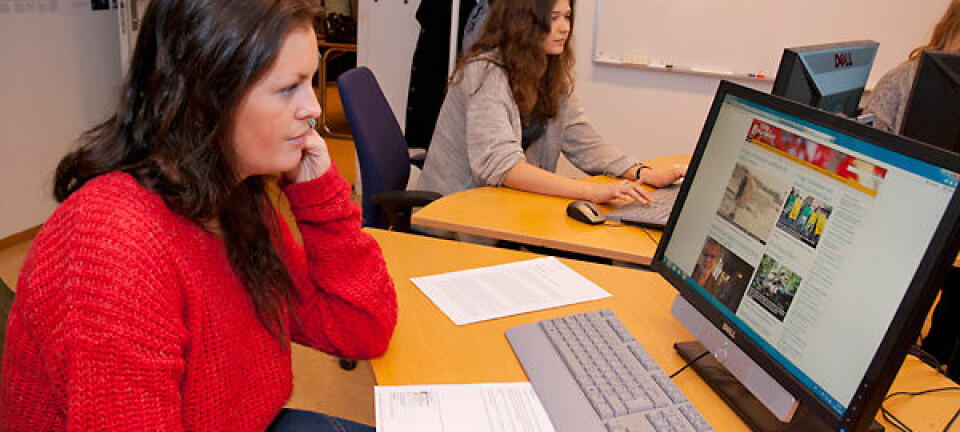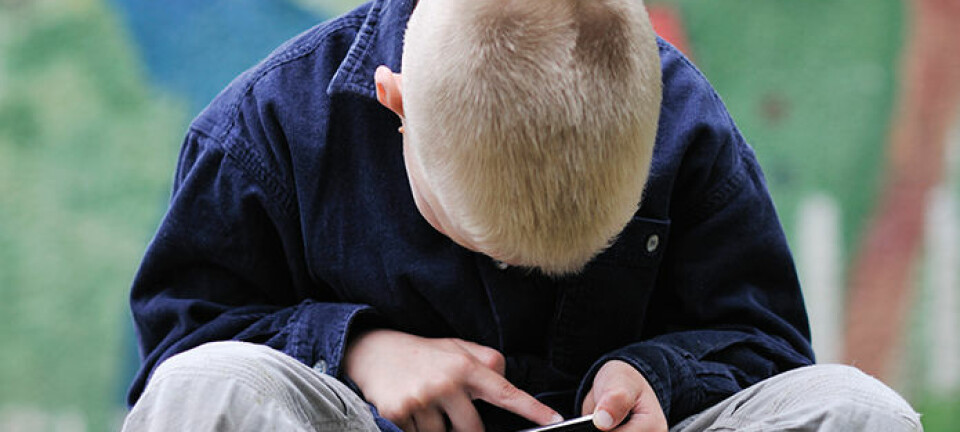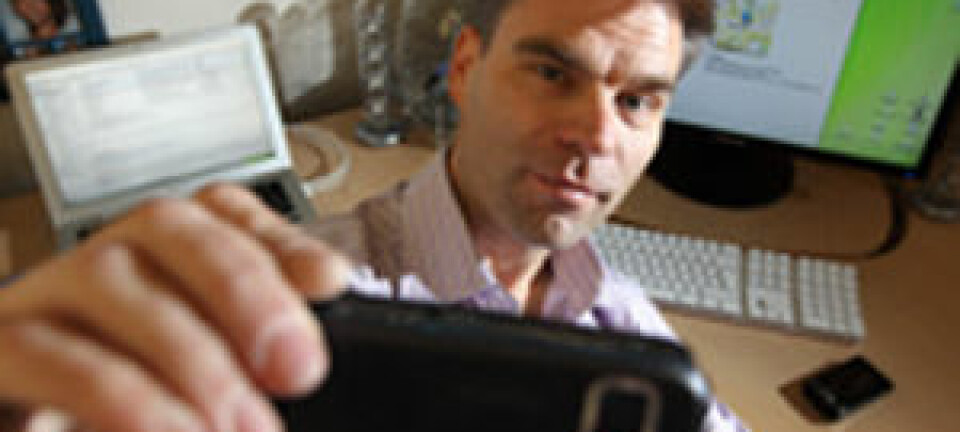
Facebook debates are far too polite
We take care not to say anything controversial on Facebook because we don't know who might be watching.
"F*** you."
It’s a message you’ve most likely seen in the comments section on news media or in your Facebook feed. Politicians are often at the on the end of it, as are the online news media -- and sometimes it’s just innocent bystanders. No matter where we go online, negative and derogatory comments seem to follow us around.
But although derogatory remarks stand out and have a strong presence in our minds, we are actually pretty good at debating on Facebook, says a group of researchers from Roskilde University who recently conducted an analysis of 3,800 Facebook comments.
"It simply isn’t true that people shout at each other in Internet debates,” says Mads Kæmsgaard Eberholst, an associate professor from the Department of Communication, Business and Information Technologies at Roskilde University (RUC). “People communicate more respectfully than you might think. The majority of contributions we have analysed are neutral, and apart from that say that the debate tends to be slightly more negative than positive and that this gives the poster huge power.”
We debate in neutral language
The researchers based their study on 149 postings taken from Danish news media, EB.dk, BT.dk, Politiken.dk, JP.dk, DR.dk and TV2.dk, and gathered a total of 3,800 comments over a period of one week.
All the comments were analysed, showing that 73 per cent of the comments were in a neutral tone, with 82.2 per cent of them sticking to the topic of the debate.
"There's a difference between the discussions on "Nationen" (the tabloid Ekstra Bladet's debate site) and Facebook. On Facebook people come forward with their name and a picture, which means that they talk nicer to each other," says Eberholst.
In addition, the analysis showed that:
-
29 per cent of the media’s postings set the scene for a negative debate.
-
21 per cent of the comments were negative in the sense that the language used was foul or patronizing.
- 17.8 per cent of the comments were not directly relevant to the topic of the debate.
According to Eberholst, an emphasis on the negative is only to be expected.
"If the media prepare the ground for a positive debate, then that's the way it will turn out -- and vice-versa,” he says. “So it’s to be expected that a greater part of a debate will be negative, simply because the media most often write about negative issues.”
Silence more pronounced in the social media
So it looks like we're good at being polite when we on Facebook -- and there’s good reason for that, explains Jesper Tække, an associate professor from the Centre for Internet Research at Aarhus University.
"When we are together with other people in public we tend to make sure not to say anything controversial. This is because we're afraid of becoming socially isolated if we make an unfitting statement,” says Tække, who studies social media. “This effect is known as the spiral of silence and researchers in the US have found that the effect is more pronounced in the social media.”
The intensified effect of the spiral of silence is due, among other things, to the fact that on Facebook it's difficult for us to know precisely who can read our posts. According to Tække, that makes us far more reflective in our writing. But it also means we don't always say what we mean.
"The vast majority of people are careful about what they say. For this reason, we pay lip service to general opinion but say what we mean when we get home to familiar surroundings," says Tække.
One in five is careless with what they say
Although Eberholst and Tække reckon most of us are competent Facebook debaters, there is no escaping the fact that some people get a bit carried away behind the keyboard.
According to the RUC study, close to 21 per cent of commentators are directly patronising or use foul language aimed at individuals or the media.
"This figure more or less tallies with a US study, which concludes that one fifth of us don't care much about the spiral of silence and write what they please. There's a complex group of opinion formers who dare to speak out in relation to opinions which could be controversial -- but most of them are probably people who don't give reflection a thought, don't take care not to put themselves in a bad light or to hurt others," says Tække.
Democracy weakens on social media
The debates on the Internet are open to anyone -- including people whose only errand is to hurt others.
This means that people who don't normally have their opinions heard can get involved, which as such is good for democracy. But there is a catch, says Tække.
“The spiral of silence actually plays such a substantial role in our debate on social media that it impoverishes the debate because we don't write what we mean," he says.
"As far as the spiral of silence is concerned, we thought the Internet would encourage more people to get involved in democracy and that all points of view would emerge because everybody had a voice,” says Tække. “But it's disappointing to see that this effect [spiral of silence] is enhanced on social media. We become more reflective because we are unable to assess the potential consequences of our comments -- which in societal terms is not good.”
Media can make the debate constructive
The media could take greater responsibility for the debate and push it in a constructive direction, says Eberholst.
"Generally speaking, we can see there's a correlation between how users write and how the media encourage them to write. If we are to improve the quality of the debate the media must refrain from presenting automatic solutions which attempt to offend people. It mustn't simply be a question of hits and attention for the media," he says.
The analysis of Facebook comments will be published next year in book form by MMK at Roskilde University. Until then, the data used by the researchers is freely available online.
-----------------
Read the original story in Danish on Videnskab.dk
Translated by: Hugh Matthews









